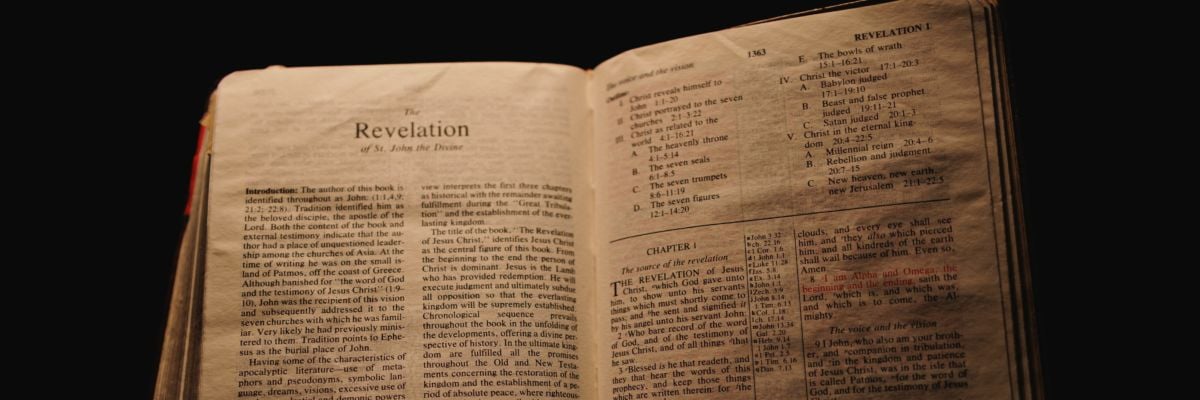
Question:
Answer:
The first thing to note is that “the prophecy of this book” refers to John’s revelation and not the Bible itself. Often, this text is appealed to as evidence that the Catholic Church is damnable for “adding” books to the Bible (referring to the seven additional Old Testament books that Catholic Bibles have in contrast to Protestant Bibles). Putting aside the historical question of whether the Catholic Church actually “added” books to the canon of Scripture as opposed to Protestants taking away such books, this text isn’t speaking about the canon of Scripture as a whole. Rather, it’s referring to the book of Revelation. Consequently, this text can’t be used against either the Catholic Church or Protestants in this way.
Now, concerning the actual question of whether someone would be forever damned, the answer is no. John’s statement in Revelation 22:18–19 takes the following form: if you commit sin X, then you will not go to heaven. This doesn’t mean that sin X is unpardonable. For example, St. Paul writes in 1 Corinthians 6:9–10 that drunkards will not enter the kingdom of heaven. But this doesn’t mean that the sin of drunkenness is unpardonable. The assumption underlying Paul’s statement is that drunkenness is a sin that if not repented of will send a person to hell. If a drunkard truly repents of his sin, then he can be forgiven.
Similarly, just because eternal damnation is the consequence of the sin of taking away from John’s prophecy, it doesn’t mean that the sin cannot be pardoned. Taking away from the prophecy is a sin that can send someone to hell on the condition that they don’t repent. But like in the case of drunkenness, if the person who takes away from the prophecy truly repents, then that person would receive the forgiveness of sin.
The only sin that cannot be pardoned is the final rejection of God’s mercy, what we call final impenitence (CCC 1864). God will not reject anyone who sincerely turns to him since all are made for him. To do so would be to violate his own nature, which he cannot do.



